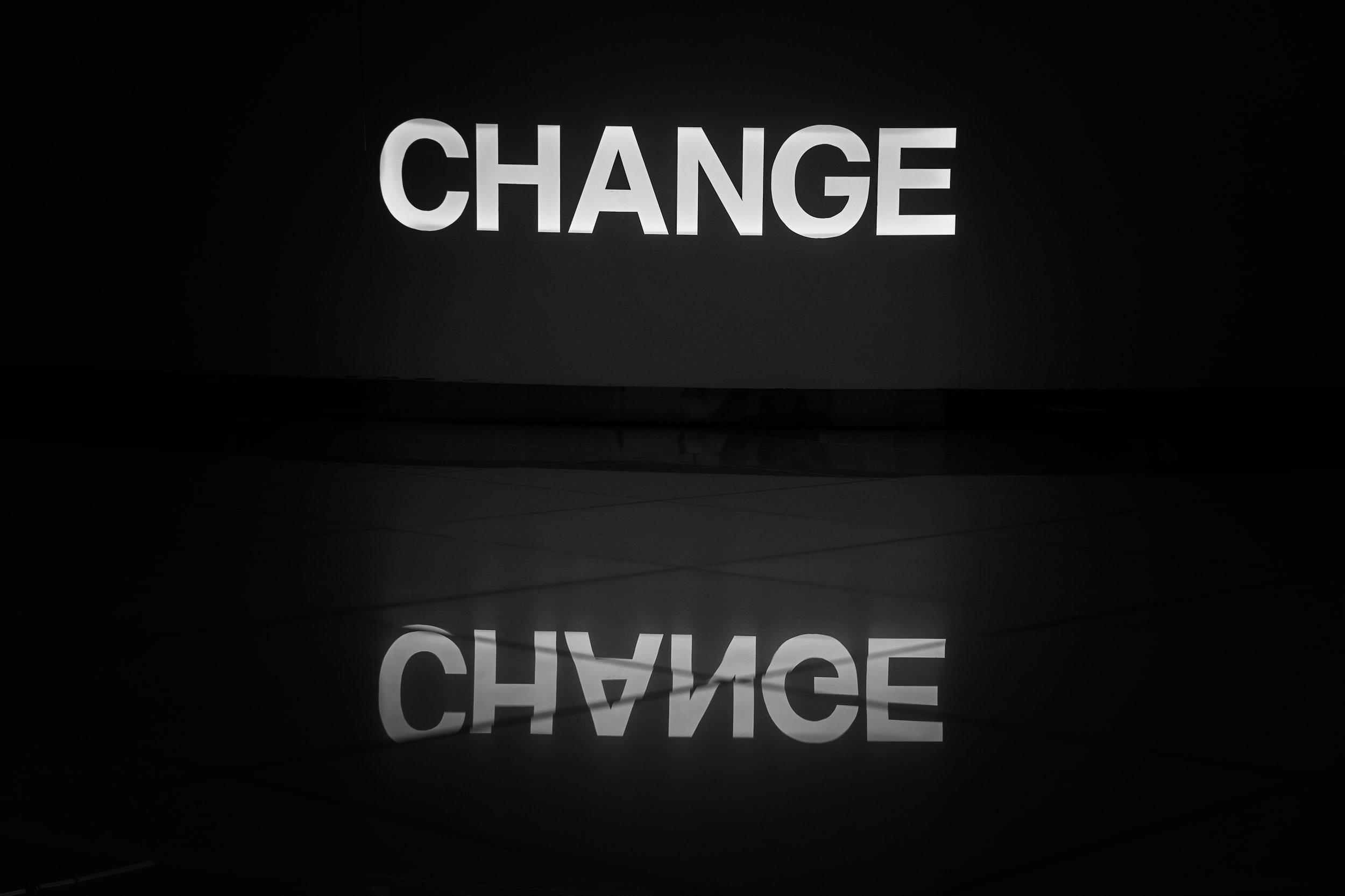WRITTEN BY ERICA FOSTER, FLUVIO CONSULTANT
Erica Foster presenting at the Product Marketing Summit in Denver
If you've ever thought about attending the Product Marketing Summit hosted by the Product Marketing Alliance but weren't sure what exactly you'd get from it, let me tell you.
The lineup of speakers was amazing, and they had a ton of insights to share. I learned a lot more than this but here are five (short) takeaways for product marketers:
No one wakes up and thinks of buzzwords.
No one wakes up and thinks "If this product were just enterprise-ready" or "I want to wake up and transform cloud today." Make it easy, tell me simply what you do. Instead of asking, "how does my product fix your problem?" we should be thinking, "What problem does my customer have, and do I have the solution?" Thinking about how your customer describes the problem, how are they googling it, this is the way to speak to them and not get bogged down in product jargon.
People don't like change, and as PMMs we are always trying to change things.
We want to change market perception, sales narratives, launch a new product, build muscle memory in your organization to self-serve Q&A, materials, competitive intelligence -- we're always trying to change something. People hate change, so lead with empathy and plan for resistance.
When you're the first PMM, evangelize early and often, and get points on the board.
Do roadshows to share what product marketing is and what we do. Define it, show the impact for key teams within your organization, and align objectives and goals. Here are the outcomes we can now achieve now that I'm in the picture. Here's how we are going to work with sales, product, etc. and the impact to you. Do the low effort, high-value tasks in the first 90 days to establish trust and respect (aka get points on the board). Then focus on evangelizing your long-term vision.
Don't fall into product marketer biases.
As PMMs, sometimes we can fall into the trap of focusing on the product (features, technical details, naming, etc.) but we should really be hyper-focused on the buyer and user. Sometimes we focus too much on competitors (“so-and-so has that feature”). Sometimes we have internal company biases ("that one company does that"). Be true to your strategic priorities and make sure you're able to see the forest through the trees.
Some fires you just have to let burn.
I have never felt more understood by a group of people -- product marketers are in meetings all day, constantly getting pinged by someone, and trying to fix a slide for someone all while we try to do our actual job. We all know the life. We can't do it all. We can't make 100% of the people happy 100% of the time. Focus on the biggest priorities that will move the needle, and let the little fires burn.
I learned a lot from the sessions, of course, but the highlight of events like this is also getting to meet an amazing group of product marketers who I'm excited to build a community with.
See you at the next one!




















